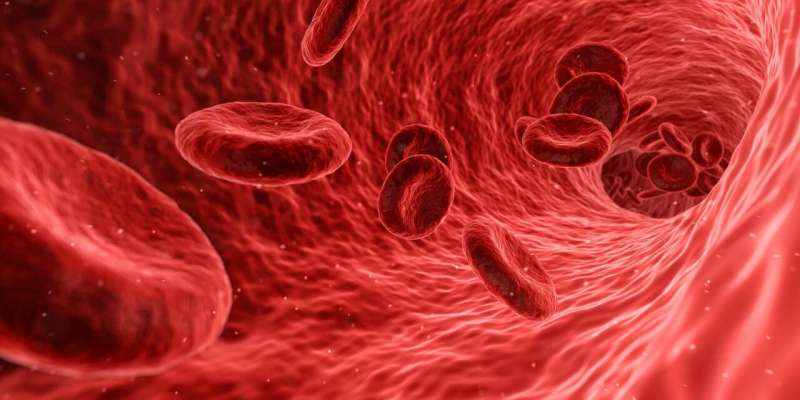Targeting a Key Immune Regulator Eliminates Liver Tumors in Mice

Recent research from Stanford University Medical Center has uncovered a groundbreaking approach to treating liver cancer by targeting a protein known as erythropoietin (EPO). Traditionally recognized for its role in stimulating red blood cell production, EPO has now been linked to suppressing the immune response against tumors.
In a series of experiments, scientists demonstrated that blocking EPO activity transformed immune-resistant, 'cold' liver tumors into 'hot' tumors, which are characterized by active immune cell infiltration. When combined with immunotherapy that enhances immune cell activity, this strategy led to complete tumor regression in most mice, with treated animals surviving throughout the study period—significantly outperforming controls.
Dr. Edgar Engleman, a senior author of the study, emphasized the significance: "This discovery provides a fundamental insight into how tumors evade immune detection and opens new pathways for cancer treatment. I am optimistic about advancing this approach to human trials."
Although the primary research was conducted in mice, evidence suggests that EPO could play a similar immunosuppressive role in various human cancers, including liver, kidney, breast, colon, and skin cancers. Historically, administering EPO to cancer patients with anemia was observed to accelerate tumor growth, leading the FDA to issue warnings about its use in cancer patients.
The team utilized advanced genome editing techniques to create mouse models that mimic human liver cancers with diverse genetic mutations. These models helped elucidate how tumor microenvironments influence immune response, particularly focusing on the roles of hypoxia-induced EPO production and immune cell regulation.
A key finding was that in 'cold' tumors, elevated EPO levels promote the conversion of immune cells called macrophages into an immunosuppressive state, thereby shielding the tumor from immune attack. Blocking EPO signaling—either by reducing its levels or preventing receptor engagement on macrophages—restored immune activity and led to tumor regression.
The researchers plan to develop targeted therapies that disrupt EPO signaling pathways in humans. While systemic suppression of EPO may cause anemia, selectively blocking its receptor on macrophages offers a promising alternative. This approach could revolutionize treatments for resistant cancers, especially those unresponsive to current immunotherapies.
Contributing to this innovative work are scientists from the New York Blood Center and ImmunEdge Inc., with some researchers holding stakes in the development of EPO receptor-targeted therapies. The findings, published online in Science, mark a major step forward in understanding the tumor immune evasion mechanisms and developing effective treatments.
For more details, see the full study: Science.
Stay Updated with Mia's Feed
Get the latest health & wellness insights delivered straight to your inbox.
Related Articles
Understanding How Supplement Labels Influence Consumer Perceptions
Research shows that supplement labels with health-related claims can mislead consumers into believing in disease prevention benefits, despite limited scientific evidence. Clear labeling standards are needed to prevent misconceptions.
New Research Highlights the Role of a Chinese Genetic Variant in Alzheimer's Disease Progression
A recent study reveals that the TREM2 H157Y genetic variant significantly increases Alzheimer's disease risk among Chinese populations, leading to faster progression and more severe neurodegeneration. Discover the implications for personalized treatment and future research.
How New Information Influences Brain Navigation in Changing Environments
New research uncovers how the brain's hippocampus and prefrontal cortex rapidly adapt to new information, enabling flexible navigation in dynamic environments, with implications for neurological disease understanding.
Epigenetic Markers and Tumor Aggressiveness in Pediatric Burkitt Lymphoma
New research reveals that epigenetic profiling of Burkitt lymphoma helps distinguish between tumors with better or worse prognosis, leading to potential tailored treatments for pediatric patients in developing regions.



